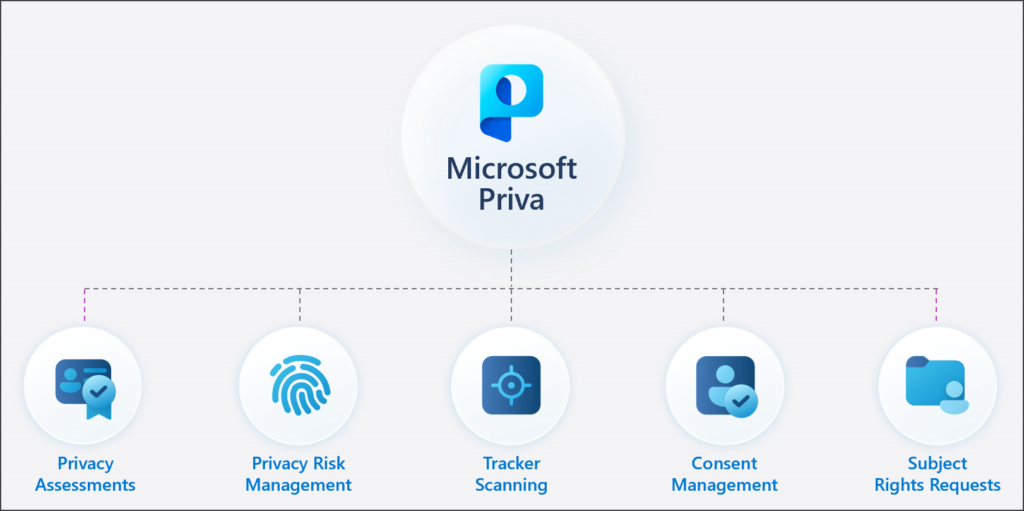Business Continuity and IT Support
All businesses should be aware of the importance of having a business continuity plan in place. But while planning is one thing, management and delivery require the right systems and tools. This is where IT support packages will make a crucial difference.
Key Business Continuity Planning Components
Business continuity planning (BCP) should include these key components:
- Strategy and organisation
- Processes
- Applications, technology and data
- Facilities
Strategy and organisation provide the framework for BCP. This includes what a business needs to do to carry on its day to day activities, and where responsibilities lie to enact this strategy. Processes, including IT processes, are what the business should carry out to ensure its smooth operations.
Facilities are the physical aspects that are essential in disaster recovery, should a physical site become unusable. Applications, technology and data are all critical in both business continuity and management and one of the most effective ways to ensure they are fit for purpose is to take advantage of a comprehensive IT support package.
Business Continuity and IT Infrastructure
Identifying the parts of your business you cannot afford to lose is central to effective business continuity management (BCM), but it’s also important to understand how you can best protect them. Building in resiliency requires seamless synchronisation between business processes, business applications and IT infrastructure.
Technology is an essential component in BCP, but technology also continues to advance at a rapid pace. Therefore, business continuity management has to be about much more than putting IT infrastructure in place. It also requires that this infrastructure can grow as part of the business, matching its changing risk profile, and keeping up with changes in technology.
Downtime Warning Signs
IT downtime is a big problem, with 30% of UK companies suffering 10 or more outages within a three-year period, and 37% suffering 10 or more brownouts (drops in power supply). Typically, these disruptions are due to malfunctioning software, network failures, spikes in usage, human or configuration errors, and third party provider outages. Often there are missed opportunities to take proactive measures to prevent downtime, and these come down to failing to spot the warning signs.
These warning signs include:
- Declining performance of critical hardware or software
- Increasing usage approaching dangerous levels, such as increased network traffic or running out of primary storage space.
BCM isn’t simply about having a plan in place in case something happens, but having the right kind of IT support structure to proactively minimise the risks of disruption. This support should include ongoing monitoring of software and systems, regular, timely software updates, antivirus protection and cybercrime awareness training for employees. This ensures you’re not closing the stable door after the horse has bolted. Business continuity is about more than rescuing a situation; it’s also about preventing it happening in the first place.
Business Continuity and Cloud Computing
While the popularity of cloud computing and software as a service (SaaS) reflect an increasing drive towards flexibility, leanness, efficiency and convenience, they also help businesses build resilience into their systems. Cloud computing has excellent benefits for IT infrastructure, providing levels of resilience that businesses would find difficult to achieve on their own. In terms of business continuity, IT support that includes robust, cloud-based infrastructure can provide businesses with an inherent advantage when it comes to BCM.
It’s also a means of making mobility an integral part of business continuity planning. The pandemic has helped businesses find new ways to adapt to remote and home working practices, but this adaptability should now be a fundamental part of their infrastructure. Mobile working is here to stay. Hardware that requires employees to be on-site most of the time is likely to hamper productivity, but it can also expose weaknesses in business continuity management. A good IT support package should include cloud computing support, and support for remote and mobile working.
Start with an IT Audit
You can only build resilience into your systems and infrastructure if you understand what could do with improving or fixing. An IT audit is the perfect starting-point for business continuity planning and management. It will look at the data flow in your business, and the technologies and processes related to it. It will evaluate your current IT security measures, including database management, and backup processes.
Your IT system will contain various key components that are essential to the healthy, ongoing running of your business. These include hardware, software, data and procedures. The first step towards effective business continuity planning is to see how all these things fit together, and how well they are working currently. By identifying problem areas and vulnerabilities, your IT support provider can then take steps to address them, and put measures in place to minimise the risk of future disruption.
Choose Your IT Support Package
Bandicoot provides a range of IT support packages to help with business continuity. Please contact us to talk about which of our support plans will best suit your business.




